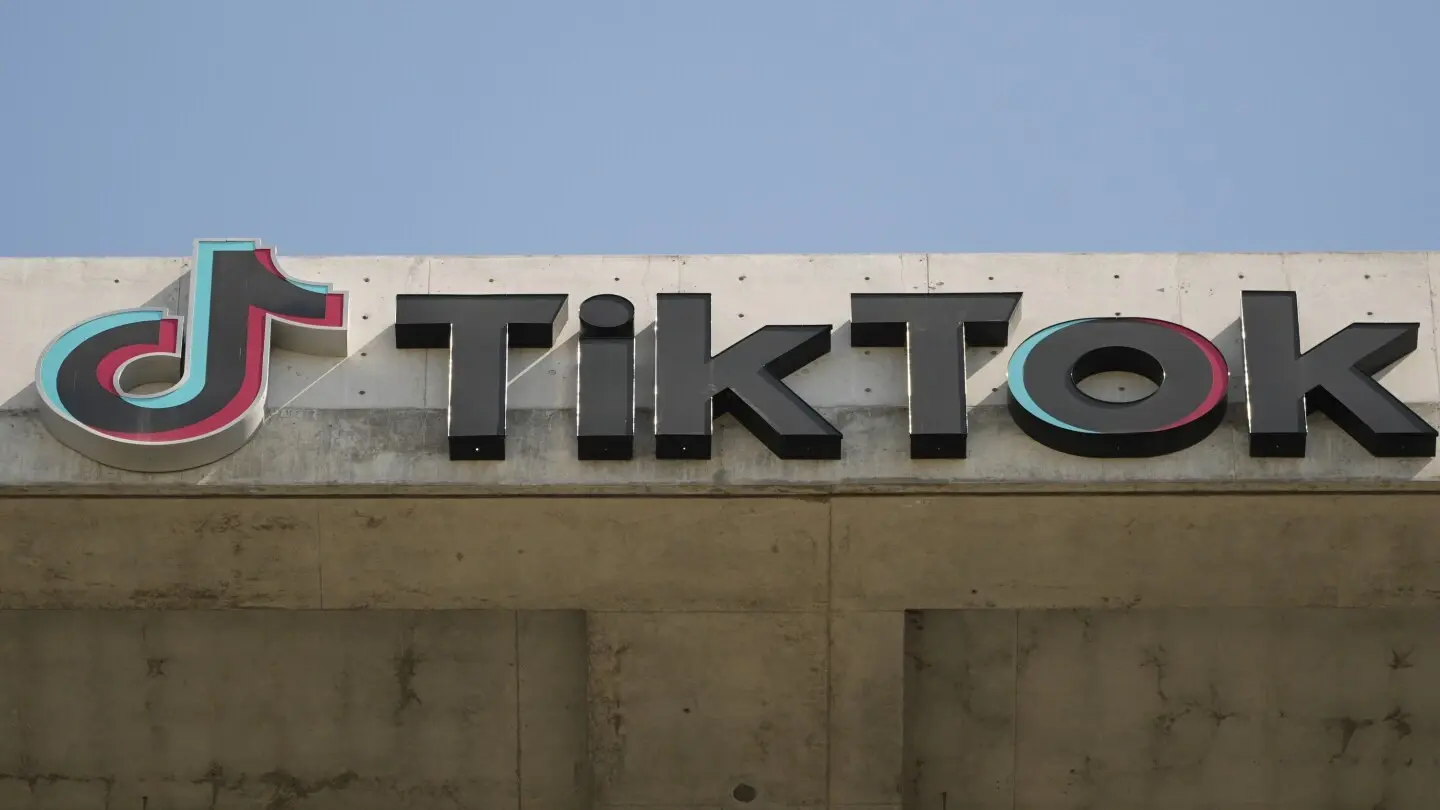Some key excerpts:
The House on Wednesday passed a bill that would lead to a nationwide ban of the popular video app TikTok if its China-based owner doesn’t sell, as lawmakers acted on concerns that the company’s current ownership structure is a national security threat.
The bill, passed by a vote of 352-65, now goes to the Senate, where its prospects are unclear.
The lawmakers contend that ByteDance is beholden to the Chinese government, which could demand access to the data of TikTok’s consumers in the U.S. any time it wants. The worry stems from a set of Chinese national security laws that compel organizations to assist with intelligence gathering.
House passage of the bill is only the first step. The Senate would also need to pass the measure for it to become law, and lawmakers in that chamber indicated it would undergo a thorough review. Senate Majority Leader Chuck Schumer, D-N.Y., said he’ll have to consult with relevant committee chairs to determine the bill’s path.
Opposition to the bill was also bipartisan. Some Republicans said the U.S. should warn consumers if there are data privacy and propaganda concerns, while some Democrats voiced concerns about the impact a ban would have on its millions of users in the U.S., many of which are entrepreneurs and business owners.
TikTok has long denied that it could be used as a tool of the Chinese government. The company has said it has never shared U.S. user data with Chinese authorities and won’t do so if it is asked. To date, the U.S. government also has not provided any evidence that shows TikTok shared such information with Chinese authorities. The platform has about 170 million users in the U.S.
Republican leaders have moved quickly to bring up the bill after its introduction last week. A House committee approved the legislation unanimously, on a 50-vote, even after their offices were inundated with calls from TikTok users demanding they drop the effort. Some offices even shut off their phones because of the onslaught.
As president, Trump attempted to ban TikTok through an executive order that called “the spread in the United States of mobile applications developed and owned by companies in the People’s Republic of China (China)” a threat to “the national security, foreign policy and economy of the United States.” The courts, however, blocked the action after TikTok sued, arguing such actions would violate free speech and due process rights.



Removed by mod